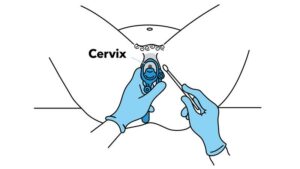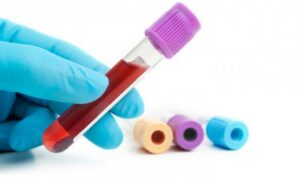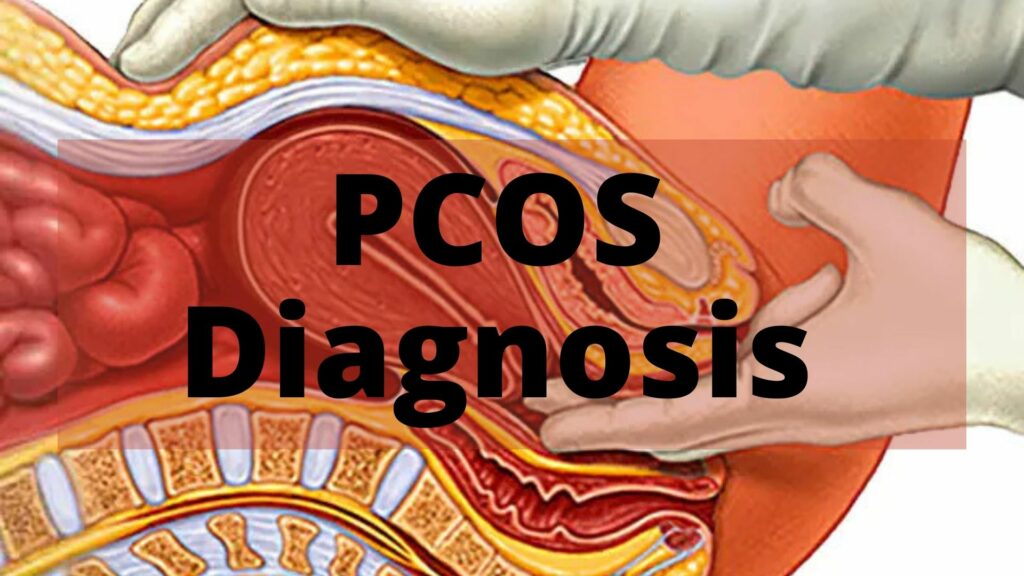Contents
Diagnosis Of PCOS
Even after the great advent in technology and Medical Sciences, there are certain diseases that do not have a treatment to date. People develop such diseases and leave them untreated. Some of the diseases also have fatal complexities to deal with. PCOS is also one such disease that does not have any particular diagnosis or treatment procedure. It is one of the most common endocrinopathies in India. It is most commonly observed in women of reproductive age and the ones who are approaching it.
PCOS is a common disorder that is found in 7% of women in most of the countries in the world. The syndrome is complex, as the exact causes are still unknown. Because of this, the doctors fail to get the direction of the treatment. All they can help with is treating the relatable causes.
There is no definitive test available for the diagnosis of PCOS. Once you start feeling that you have symptoms of PCOS, you can start discussing with your doctor about certain things that keep a close relationship with the syndrome. The doctor may ask you about your menstrual cycle, fluctuations in weight, excessive hair growth primarily on the face, insulin resistance, and acne.
Methods To Diagnose PCOS
There are certain physical examinations that can easily determine the presence of PCOS and its rate of growth. Doctors prescribe for these kinds of examinations only when they detect the presence of symptoms to a large extent. Here are the examinations that you can undergo if you think that you are having any signs of PCOS.
Pelvic Tests/Examination

Some doctors prefer to conduct some physical tests of the reproductive organs to detect abnormalities in the masses and growth. To carry out these tests, a doctor has to insert either his fingers or some lengthy object through the vaginal tract. They do so to assure the clarity and cleanliness of the path. This can be painful to a great extent for people who have not been in any kind of sexual intercourse. The reason is that the hymen is still intact. Once the doctor carries out these tests, he can clearly say a word about the formation of cysts in the ovarian tubes.
Blood Tests

A doctor can also prescribe you certain blood tests. These blood tests can be reliable to measure the hormonal changes and levels of growth in the female body. One can also be sure about menstrual abnormalities. Sometimes blood tests are efficient enough to detect excess androgen levels. Other things that people can easily detect with the help of blood tests are glucose intolerance, fasting cholesterol, and triglyceride levels. The doctor then examines the reports of these blood tests to continue the further treatment.
Ultrasound

Doctors prefer ultrasounds to picture everything that goes inside an ovary. It can also tell you about the appearance of the ovaries to know the presence of cysts. It also tells you about the thickness of the uterus lining to detect the complexities of the symptoms. In the process of ultrasounds of ovaries, the doctor inserts a wand-like device. It is called a transducer in the vaginal tract. The primary function of the device is to detect abnormalities in the vagina. This process is called a transvaginal ultrasound.
Other Tests Associated With The Diagnosis Of PCOS
These are some basic tests available in the medical sciences that a woman needs to undergo if the doctor diagnoses her with PCOS.
- Some periodic tests, like blood pressure, sugar intolerance/ tolerance, cholesterol, and triglyceride levels are important to be monitored regularly. This may enable you to make amendments in the diet and other medication can be carried out without any delay.
- PCOS is more connected with our emotions than physical well-being. This is so because it comes along with various complications that walk along for life. This brings anxiety and depression to the patient. Doctors carry out regular screenings for such mental disorders for the patients. The main objective of these tests is to ensure their well-being and recovery rate.
- Sleep apnea is another complication that comes along with PCOS. It generally refers to the shortness of breath while you sleep. Sleep apnea can be dangerous because when something comes to us while sleeping. We do not get a chance to do anything to prevent it.
There are many more unseen and unheard complications that are related to PCOS. As we have mentioned in the initial stages, there is no exact cause of the syndrome to date. You must be aware of everything that is happening to you.
Conclusion
This is everything that you need to know about the diagnostic tests of PCOS. Even when you get the lightest symptoms, it is high time. You should consult a doctor and get a PCOS diagnosis. A quality diagnosis is all that you need to get a direction for the treatment. Know that you facilitate your treatment with both ample exercise and a healthy diet plan.
Contact Mantra Care for assistance on PCOS-related problems and their solutions. Their team of experts will be more than happy to help you develop a personalized Women Wellness Program, Online PCOS program that addresses your specific needs.


